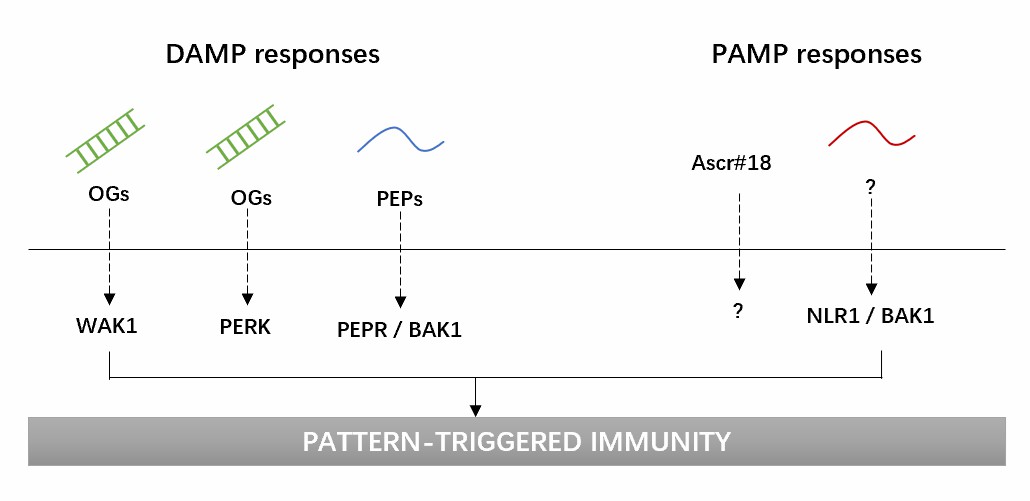Plant nematodes are an important group of pathogens that are widespread and highly adaptable, posing serious damage to food crops, horticultural crops, and forest plants by establishing long-term, stable parasitic relationships with their host plants. In addition, nematode infestation can exacerbate the damage caused by other pathogens. In recent years, a lot of research progress has been made in the cloning of nematode resistance genes, the mechanism of action of effector proteins, and host response.
Lifeasible, as a leading global company, is committed to helping our customers achieve effective and successful research. We provide a mechanism analysis of plant response to nematodes. In addition, we deliver reliable results and reports on time to our customers worldwide.
As trace signaling molecules in plants, endogenous plant hormones play an essential role in the regulation of plant growth and development. We provide mechanism analysis of plant hormones in response to nematode infection, including salicylic acid, jasmonic acid, ethylene, auxin, and so on.
 Fig.1 Model for cell surface perception of parasitic nematodes and defense induction by plants.
Fig.1 Model for cell surface perception of parasitic nematodes and defense induction by plants.
Lifeasible is always devoted to providing high-quality and satisfactory service to our customers. If you are interested in our services or have any questions, please feel free to contact us or make an online inquiry.
Lifeasible has established a one-stop service platform for plants. In addition to obtaining customized solutions for plant genetic engineering, customers can also conduct follow-up analysis and research on plants through our analysis platform. The analytical services we provide include but are not limited to the following:
Get Latest Lifeasible News and Updates Directly to Your Inbox
Adaptive Evolutionary Mechanism of Plants
February 28, 2025
Unraveling Cotton Development: Insights from Multi-Omics Studies
February 27, 2025